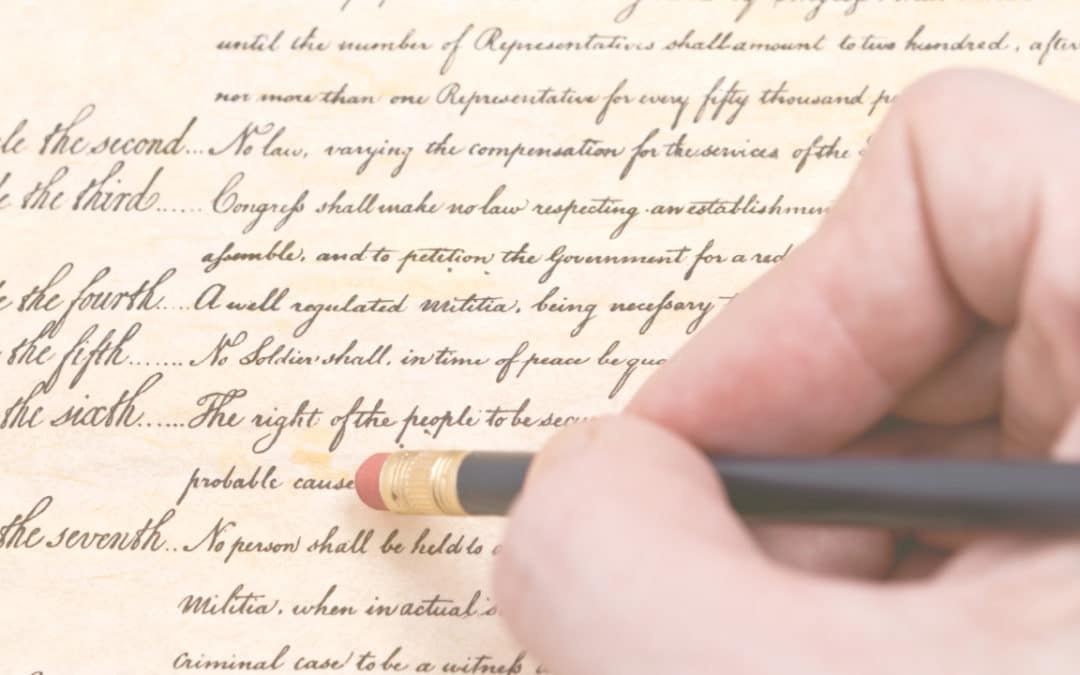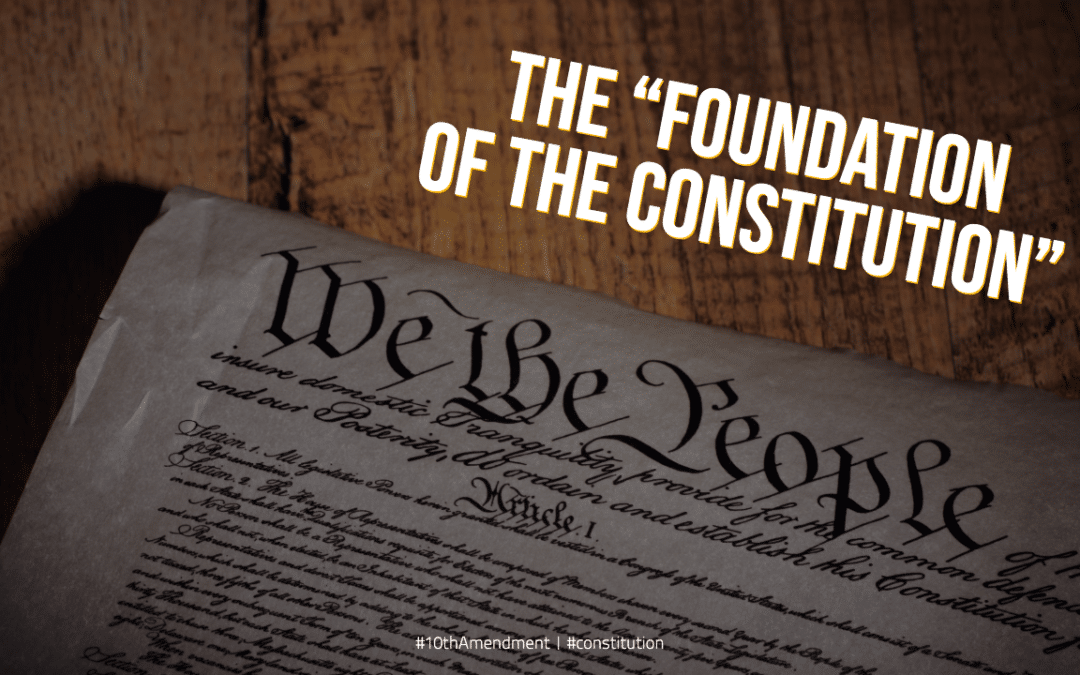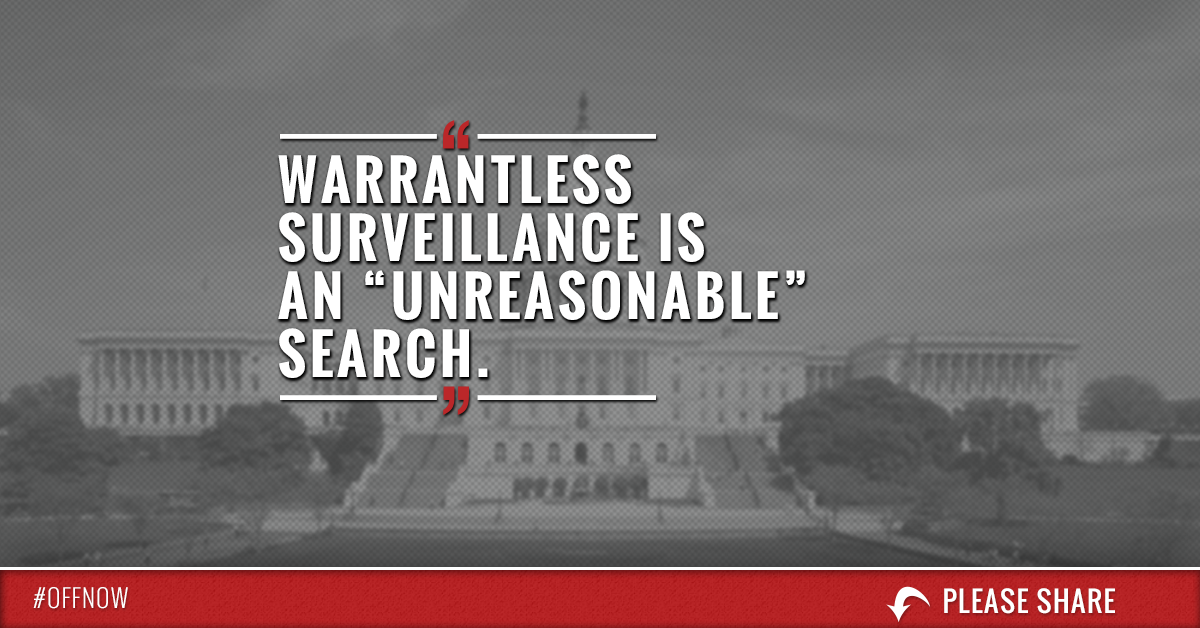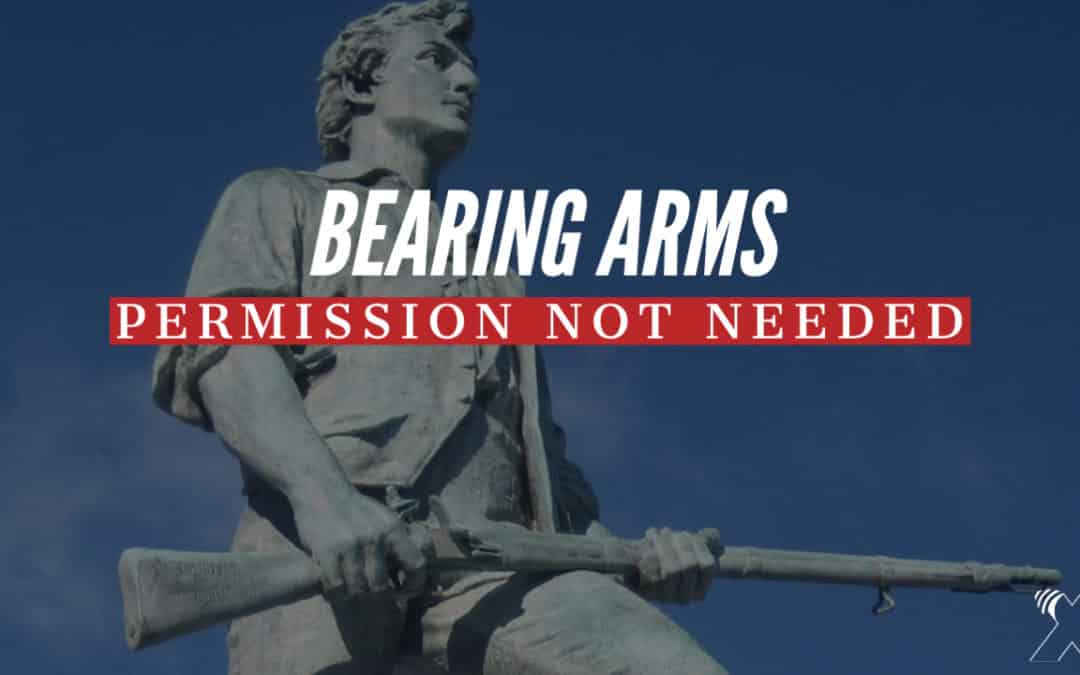
Bill of Rights


The Foundation of the Constitution
Here’s a pretty common question: Which is the most important amendment in the Bill of Rights? Setting aside the fact that I agree that the natural right of self-defense is there to defend all the others, it is a natural right, meaning you are born with that right. It...
The White House Goes Rogue: Secret Surveillance Program Breaks All the Laws
The government wants us to believe that we have nothing to fear from its mass spying programs as long as we’ve done nothing wrong. Don’t believe it. It doesn’t matter whether you obey every law. The government’s definition of a “bad” guy is extraordinarily broad, and...
New Mexico “Emergency” Gun Ban a Violation of the Right of Self Defense
New Mexico Gov. Michelle Lynn Lujan Grisham’s “emergency” order banning the carrying of firearms in Albuquerque and Bernalillo County is a violation of the natural rights of the people, and likely a violation of the state constitution as well....
Reversing Incorporation?
The Incorporation Doctrine is a commonly accepted constitutional interpretation asserting that the 14th Amendment to the U.S. Constitution made the Bill of Rights enforceable by the federal government against the states. But not everyone agrees. In his paper Reversing...
